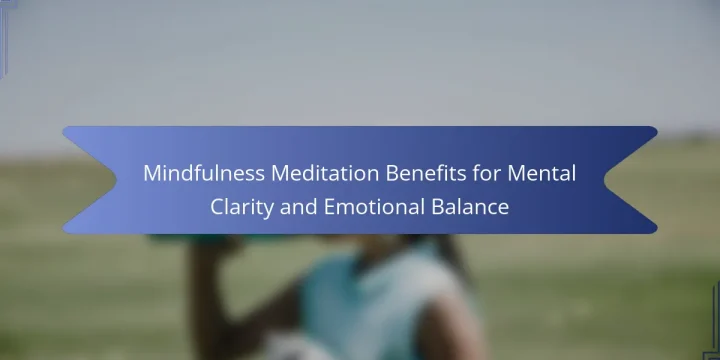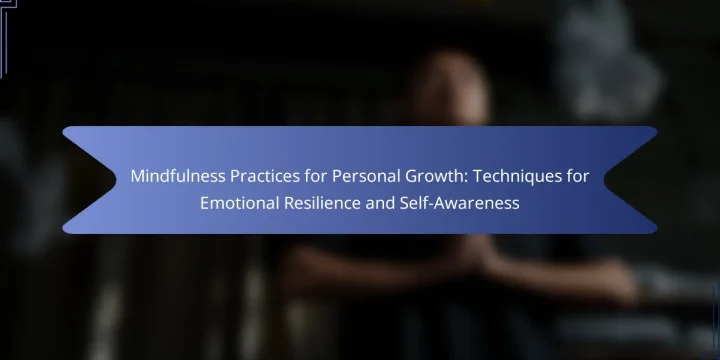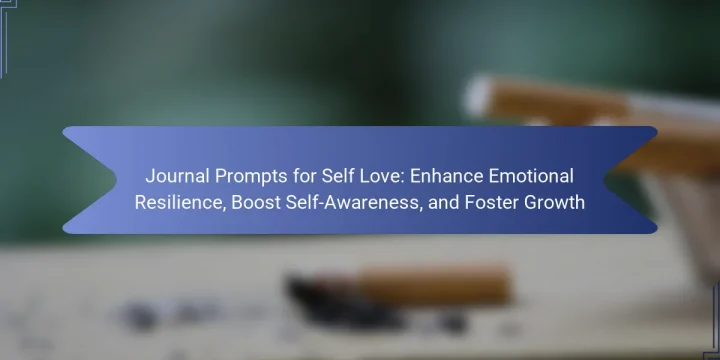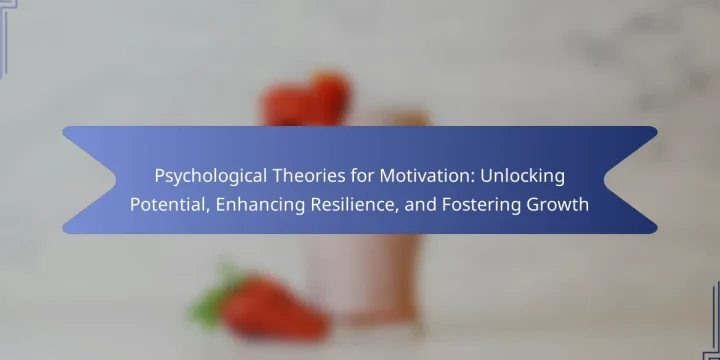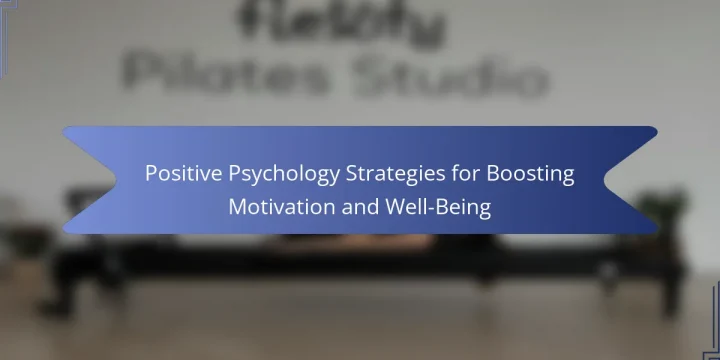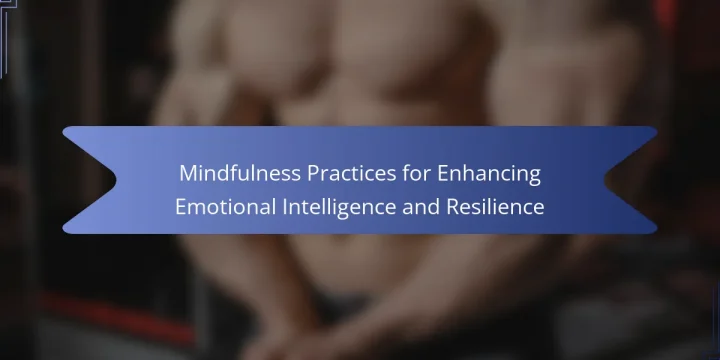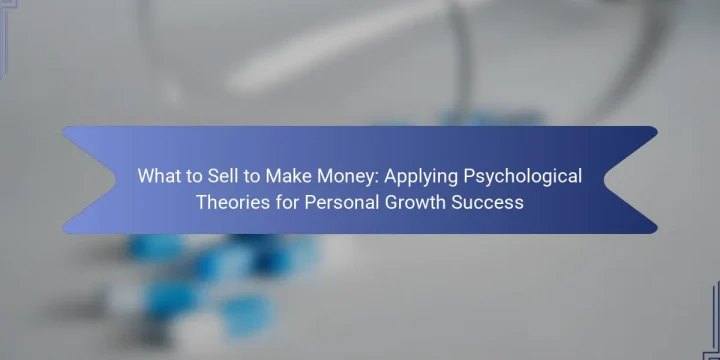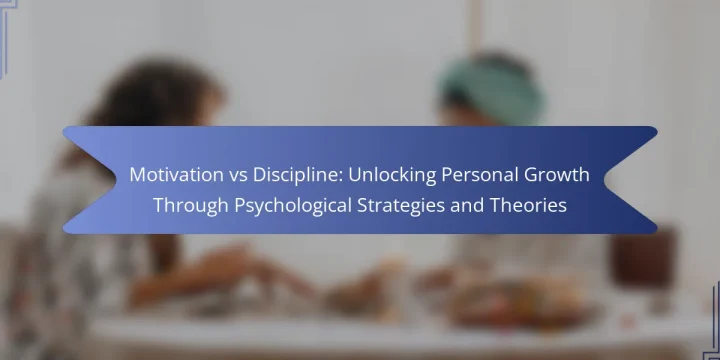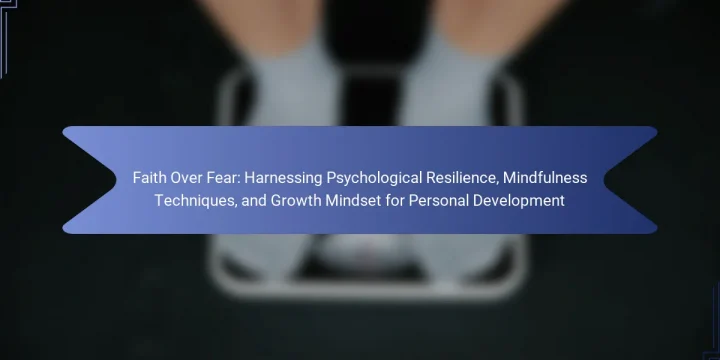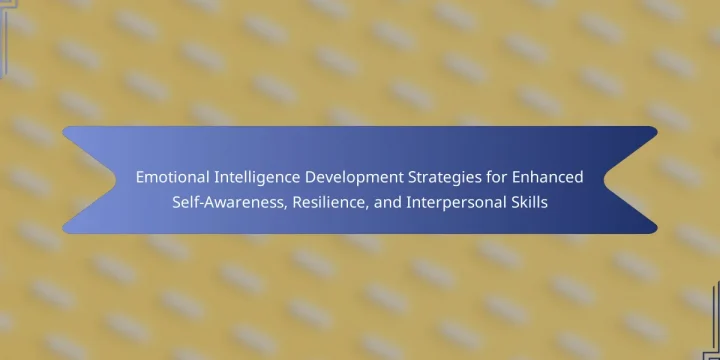
Enhancing emotional intelligence can significantly improve self-awareness, resilience, and interpersonal skills. This article explores key components of emotional intelligence, including self-regulation and empathy. It outlines effective strategies such as mindfulness practices and active listening exercises. Additionally, it addresses common misconceptions and emphasizes the importance of continuous learning for sustained growth. What are the key components of emotional intelligence development? Key components of emotional intelligence development include self-awareness, self-regulation, motivation, empathy, and social skills. These components enhance personal and professional relationships. Self-awareness involves recognizing one's emotions, strengths, and weaknesses. Self-regulation refers to managing emotions and impulses effectively. Motivation drives individuals to achieve goals and maintain a positive outlook. Empathy is the ability to understand and share the feelings of others. Social skills facilitate effective communication and relationship-building. Developing these components leads…
